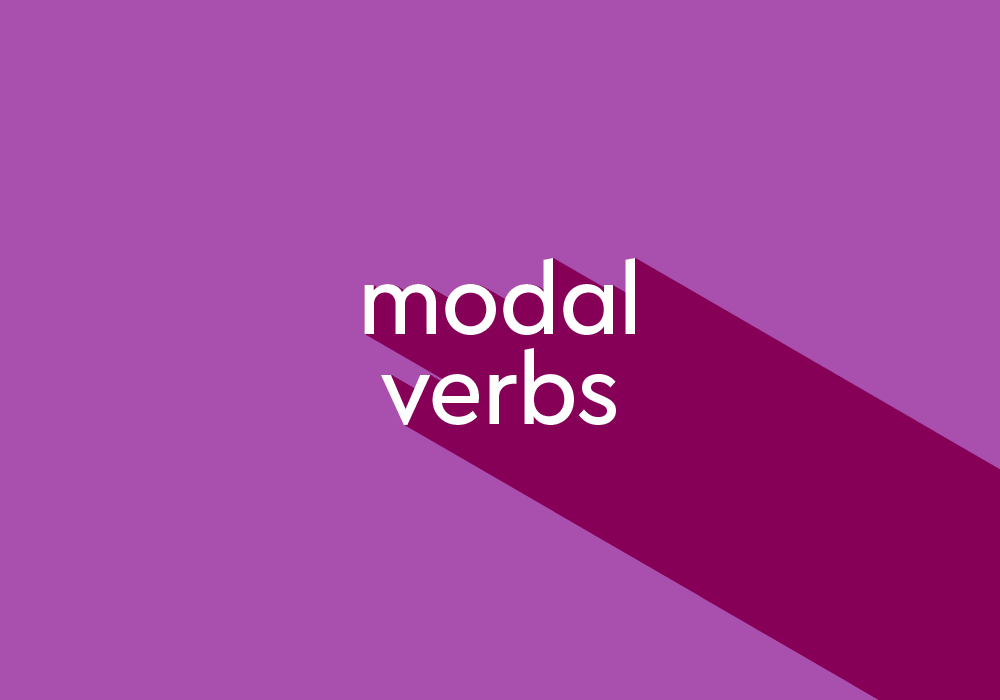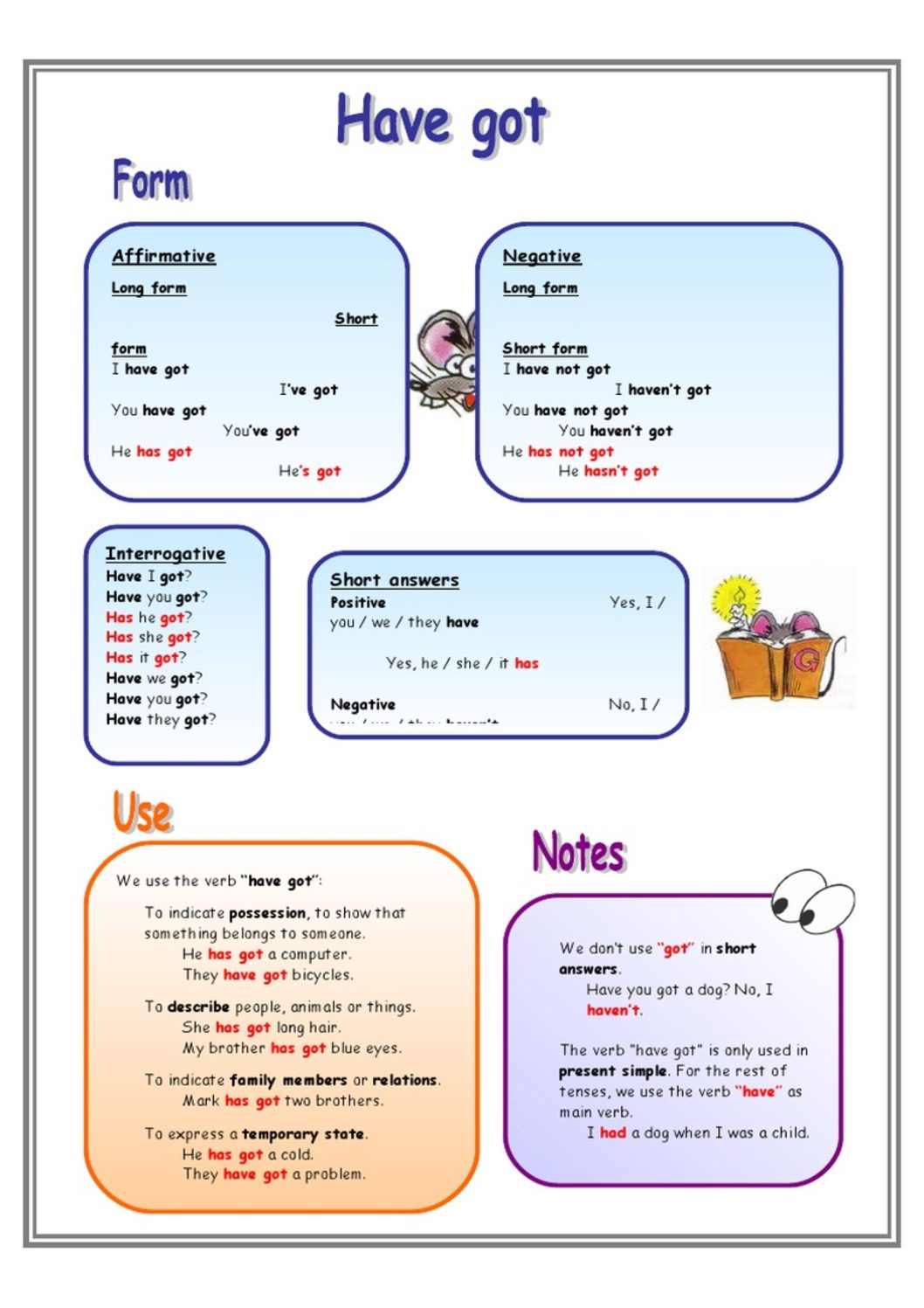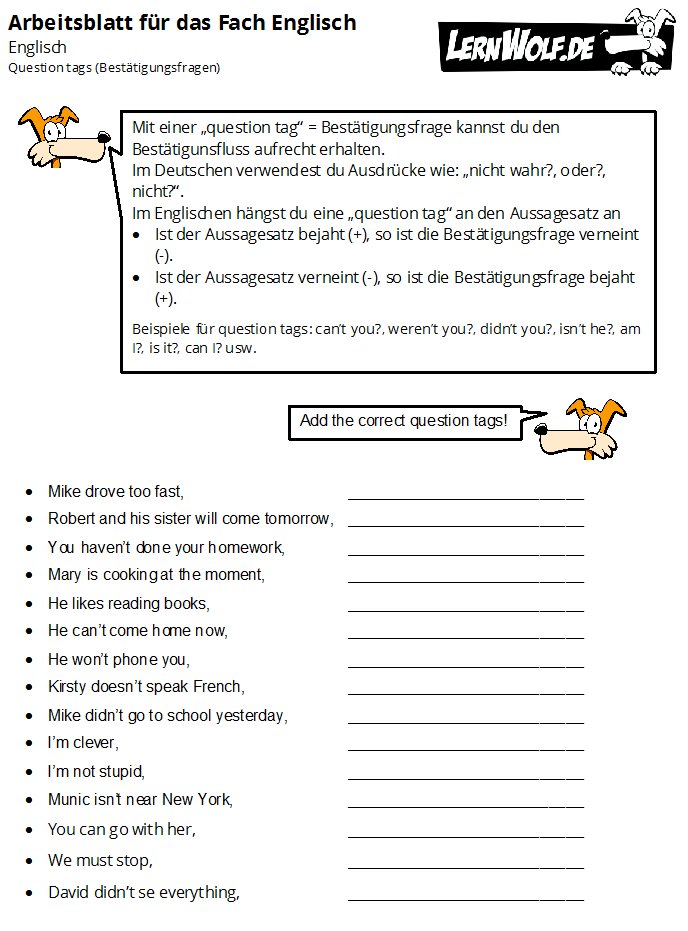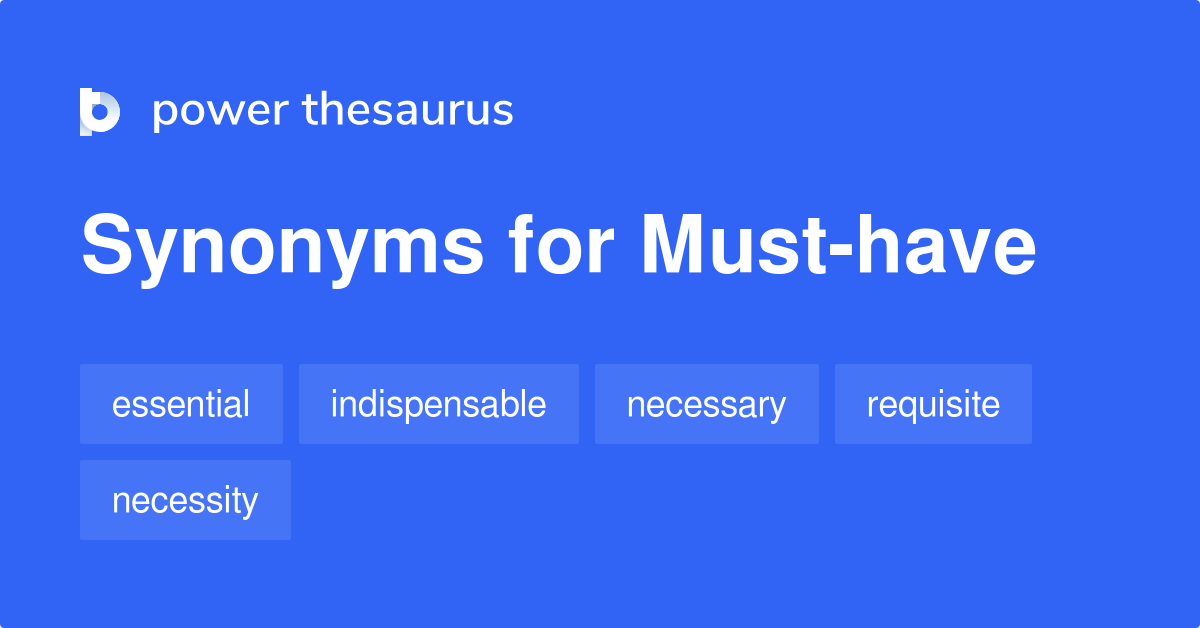
What Is A Modal Verb?
Police have to arrest the criminals as soon as possible. Criminals must be life-sentenced.; I went to meet the doctor, but he was not at the clinic. The receptionist said, "You have to wait, the doctor must be on the way."; You must take a stand for yourself, or else you have to follow others command.; In these examples, you might have observed that the word must is used to indicate the.

Pin on Preintermediate (CEFR A2) English grammar charts
Must vs Have To / Has To. Must and have to express obligation or necessity: The main differences between must and have to are: Must means "really should or else it will be bad for you", it expresses an obligation forced by the speaker. Have / Has to expresses general obligations. When we are talking about another person's obligation we use have.

Must oder Have to?
For questions 11-20, write the missing verbs in the gaps, choosing from the options covered in the lesson: must mustn't must not can't. have to don't have to. should shouldn't. Sometimes more than one option is possible - you only need to write one answer each time. Click 'Hint' on the remaining questions to see the options in the.

Grammar Have Got Teacher Raff
Must / mustn't - quiz 1. I have to walk the dog. Have to, don't have to, must, mustn't. Modal verbs of obligation. Modals of probability: must / can't. Must not / don't have to 1. Modals of necessity : must / have to.

Englisch übungen Klasse 9 Zum Ausdrucken
MUST and HAVE TO are both used to express an obligation, responsibility or necessity. While Must can generally be replaced by Have to in the present tense, there is sometimes a slight difference in meaning or use. Let's look at our previous example using MUST: I must write a letter to John.

have got oder has got? Verschiedene Übungen zur Bildung und Verwendung Unterrichtsmaterial
Must - English Grammar Today - a reference to written and spoken English grammar and usage - Cambridge Dictionary

Must oder Have to? "MÜSSEN" im Englischen auf Deutsch erklärt YouTube
Learn how to use 'have to' and 'must' with English In A Minute from BBC Learning English.QUIZ: Which of the following do we generally use to describe rules s.

💣 Has and have difference. Has vs have What’s the difference?. 20221028
Roger Woodham replies: must, have to and have got to: expressing the present. Must, have to and have got to are all used to express obligation or the need to do something. They can be used.

MUST DIE!
Both Must and have to express obligation or necessity, but there are some small differences: • Must expresses the speaker's feelings, whereas have to expresses, above all, an impersonal idea: You must come. You are obliged to come (I require that you come) You have to come. You are obliged to come. (There's a rule requiring you to come)

Must oder Have to? Englisch lernen, Englisch auffrischen, Englisch
Tip! Must and have (got) to are synonymous in this usage. However, there is a subtle difference between them. ' Must ' is used to talk about what the speaker or listener wants, while ' have (got) to ' is used to talk about external obligations, such as rules, deadlines, etc. You must apply for a visa.

have got has got countries and flags English worksheets for kids, Grammar worksheets, English
The subject of have to is obliged or forced to act by a separate, external power (for example, the Law or school rules). Have to is objective. Look at these examples: In France, you have to drive on the right. In England, most schoolchildren have to wear a uniform. John has to wear a tie at work.

Unterschied und Verwendung von must, have to, mustn't und needn't YouTube
A reader asks for clarification on these three common verbs. Editor Kory Stamper explains.. The verbs need, have to, and must are all synonyms of one another and are used to mean that something is necessary or required. But they each have slightly different connotations and uses. Need, when followed by to and a verb, is the narrowest of the three verbs. It is most often used to say that an.

Zum Einüben und Festigen der Verwendung von have/has got + haven't/hasn't got English Exercises
It should be the correct answer. Somebody left a phone on my stairs. That should be Monu. 5. Must and have to in the past. MAY = used to refer to the present and the future time, can't be used in the past to talk about an obligation. HAVE TO = along with the present and the future, it can also be used in the past.

Pin on Modals
5-6-7 Mustn't vs Don't Have to Exercises 1 / 2 / 3 8. Must vs Have to / Has to Exercises 1 - 9-10Must / Have to Exercise 2 / 3 11. Must / Mustn't / Needn't / Have to 12-13. Modals With Passive Voice 1 / 2 14. Mustn't vs Needn't vs Can't Similar Exercises: MODALS + V3 Practice Test Ought to (Should) Have / Must Have Needn't Have / Didn't Have To.

Sprachkenntnisse im Job Musthave oder Nicetohave? DEKRA Arbeit
They have to work. They had to work. They will have to work. "have to "- meaning. " have to " expresses objective obligation. The obligation is external. The obligation comes from someone or something else, and its often a law, a legal requirement or a rule or an instruction. Examples: "I have to mop the floor.

Musthave synonyms 384 Words and Phrases for Musthave
Must vs. have to. Must und have to drücken beide eine Verpflichtung oder eine Notwendigkeit aus. • Must drückt die Gefühle des Sprechers aus, während have to eher unpersönlich gemeint ist: You must come. Du musst kommen. (Ich möchte, dass du kommst.) You have to come.